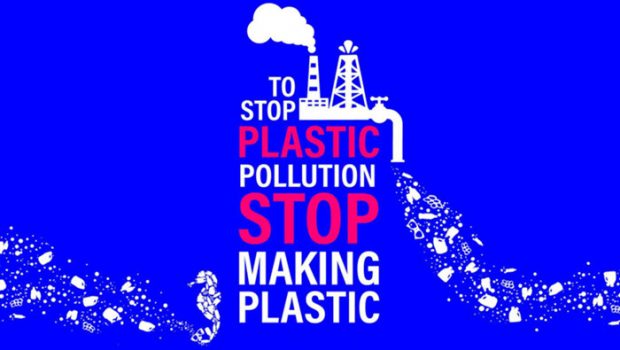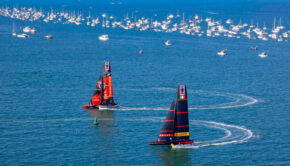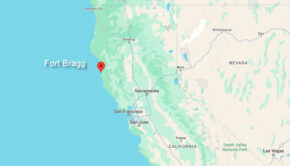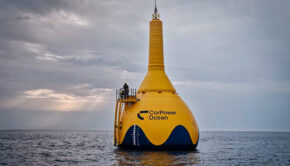Strengthening response to marine debris
Published on October 6th, 2020
It’s probably difficult for anyone who isn’t middle-aged or older to comprehend, but people could smoke cigarettes on airplanes until 1990 when the US government, after years of pressure from the Association of Flight Attendants, finally banned smoking on all but a handful of domestic flights over six hours in duration.
Ten years later, smoking was prohibited on flights between the United States and foreign destinations. Today, virtually every commercial flight in the world is smoke-free, and this same sort of progress is needed for the ocean to combat the far reaching consequences of pollution.
In positive news, the National Marine Manufacturers Association reports how the U.S. House of Representatives recently passed bipartisan legislation to strengthen the federal response to marine debris.
Save Our Seas 2.0 – which is supported by the recreational boating community – builds on the original Save Our Seas Act to improve the domestic response to marine debris, incentivize international engagement on marine debris, and strengthen domestic waste management infrastructure to prevent the creation of new marine debris.
“We need to fundamentally change our reliance on plastics,” said Congresswoman Suzanne Bonamici (D-OR), who spoke in support of the legislation on the House floor. “A problem this pervasive – a global problem of this magnitude – cannot be solved with a single bill. We cannot limit our action to removing existing plastic from the ocean, and we also cannot recycle our way out of plastic waste that ends up on our shores. We need comprehensive action.”
“Save Our Seas 2.0 builds on our successes combating marine debris through bolstering plastics research and funding needed for infrastructure improvements,” said Congressman Don Young (R-AK), House Oceans Caucus Co-Chair. “I will continue fighting to ensure that our marine ecosystems stay healthy and productive for future generations to experience.”
According to the United Nations, every year eight million metric tons of plastic bottles, straws, bags, fishing gear, and abandoned vessels are dumped into the ocean. This marine debris causes harm to coastal economies, endangers marine life, proliferates the spread of AIS, and creates hazardous conditions for boaters. Some studies have estimated that by 2025, oceans will contain one pound of plastic for every three pounds of fish.
The Save our Seas 2.0 Act will not solve the entire marine debris problem, but the measure represents a significant next step towards addressing the issue at home, while enhancing global collaboration and engagement.
Editor’s note: Progress “takes a village” as we regularly witness in San Diego how raw sewage spills every year into the Tijuana River from Mexico and flows across the border into Southern California, closing beaches and harming ocean health.









 We’ll keep your information safe.
We’ll keep your information safe.